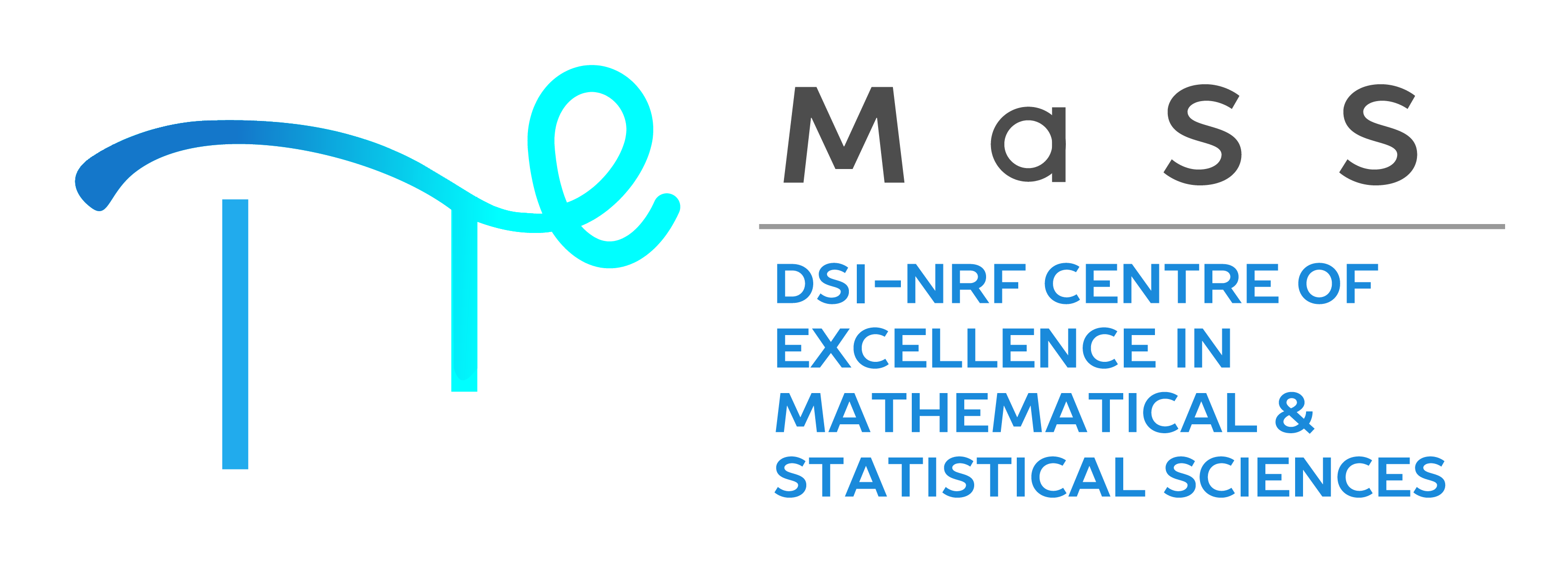Towards improved healthcare using knowledge
graphs
Himil Parshotam\(^*\), Department of Industrial
Engineering, Stellenbosch University
Stephan Nel, Department of Industrial
Engineering, Stellenbosch University
SAMS Subject Classification Number : 12, 23, 25
Consultations between doctors and patients are described as “the central act of medicine” which “deserves to be understood.” It forms the basis of the relationship that develops between both parties and lays the groundwork upon which appropriate treatment can be administered. Advancements in artificial intelligence, information, and communication technologies have enabled healthcare practitioners to revaluate the manner according to which both rudimentary medical procedures, such as doctor-patient consultations, as well as advanced medical interactions are performed.
The true potential of clinical data can only be realised if clinical data sources are integrated in an appropriate data representation and modelling approach.. One such model is a so-called knowledge graph (KG). A KG data model is a graph database in which information may be visualised as a graph structure, where a graph is defined as a representation of a network comprising a collection of nodes, representing real-world entities, that are inter-connected by means of edges, representing real-world relationships. KGs and machine learning techniques can equip healthcare practitioners with the ability to leverage health-related data in a manner that enhances the decision making process, ultimately improving the general standard of healthcare.
The aim in this poster is to describe an appropriate method for constructing a KG pertaining to data obtained from real-world medical conversations and electronic health records. Furthermore, appropriate graph machine learning approaches, including both shallow and deep learning methods, are to be described in the context of clinical KGs. The combination of these two tasks aims to serve as the foundation for the development of a framework for constructing KGs from doctor-patient consultation data that may in turn be used to provide decision support for healthcare practitioners.


